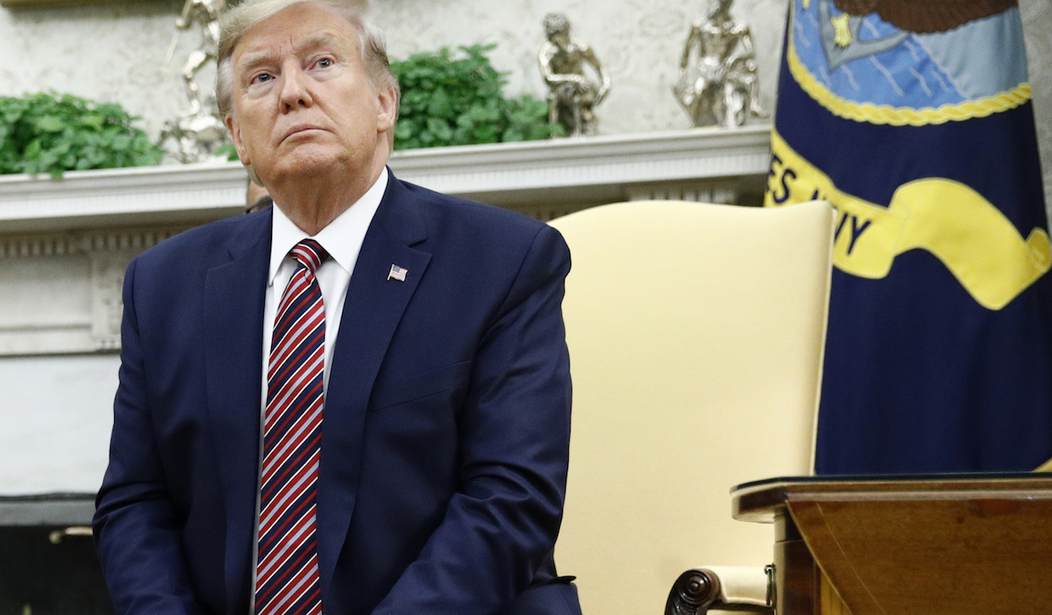The Supreme Court on Friday agreed to hear three cases that would address whether or not congressional or criminal subpoenas can be issued for President Donald Trump's financial records. President Trump and his legal team have said his records fall under executive privilege.
From the Wall Street Journal:
The high court is the president’s last hope to stop House investigators and New York state prosecutors from probing his financial dealings dating back nearly a decade, and potentially longer. Lower courts upheld the subpoenas, which were served not on Mr. Trump himself but an accounting firm and two banks that hold the records.
Had the court refused to hear the cases, the accounting firm and two banks would have had to turn over Mr. Trump’s financial records promptly.
“We are pleased that the Supreme Court granted review of the president’s three pending cases,” said Jay Sekulow, an attorney for Mr. Trump. “These cases raise significant constitutional issues. We look forward to presenting our written and oral arguments.”
...
Should the high court uphold the subpoenas, Mr. Trump faces the prospect that records involving his tax strategies and business dealings could be handed over to prosecutors or lawmakers. Mr. Trump reneged on a pledge to release his tax returns when he ran in 2016, making him the first major-party presidential candidate in recent history to do that.
The cases will test the Supreme Court’s ability to navigate the boundaries of power between, in the House case, the federal government’s legislative and executive branches and, in the New York case, between federal prerogatives and the states’ power to enforce their criminal laws.
Recommended
The fact that the Supreme Court decided to take the case is unusual. The Court generally takes up cases where lower courts come to different conclusions. In these cases, the lower courts ruled against Trump. According to the Daily Caller, the Court generally takes up "pressing questions of executive immunity at the request of the incumbent president."
Oral arguments are scheduled for March with a decision anticipated for June.

























Join the conversation as a VIP Member